Suya Spice: The Spicy Secret Behind Nigeria’s Favorite Street Food (You’ll Want to Try This at Home!)
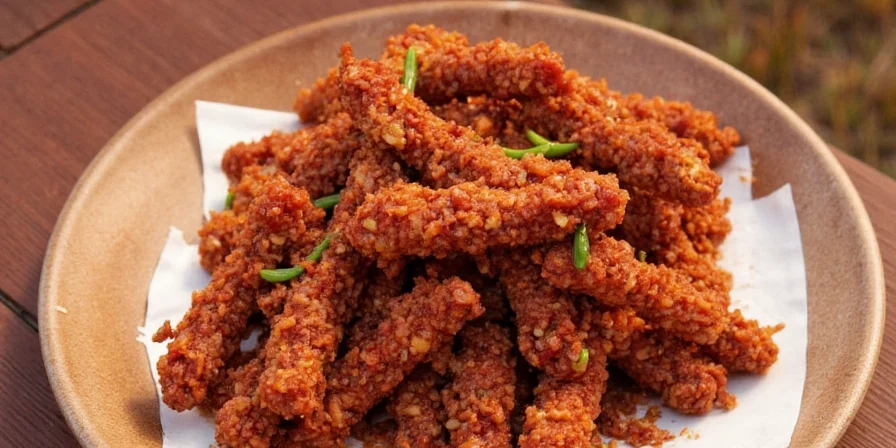
If you’ve ever tasted Nigerian suya — those mouthwatering grilled meat skewers served on the streets of Lagos or Abuja — you know there’s something magical in that coating. That something is none other than Suya Spice. But what exactly is this mysterious blend? Is it just another ‘African chili mix’? Or is there more to the story?
In this blog post, we’re diving deep into what suya spice really is, why it's special, and how you can start using it like a pro. Whether you're a spice geek, curious foodie, or a culinary adventurer looking for new flavors, this guide has got you covered.
Table of Contents
- What is Suya Spice?
- The Key Ingredients Behind the Magic
- Suya Spice vs Other Global Rubs & Blends
- How to Use Suya Spice Like a Local (or Better)
- Pro Tips: Mastering the Art of Suya
- Buy It or Make It? Your Options Explored
- Final Thoughts
What is Suya Spice?

Suya spice — also known as chichinga spice or simply suya pepper — is a traditional West African spice blend used primarily for seasoning suya, which are grilled meat skewers popular in Nigeria, Ghana, and parts of Cameroon. It’s a dry rub that packs heat, umami, and aromatic complexity all in one swoop.
The base of suya spice usually includes groundnut (peanut) powder, which gives it that rich, slightly nutty flavor. To that, local cooks add dried chilies, onion powder, garlic powder, paprika, cumin, and sometimes even a dash of alligator pepper (a native West African spice similar to black pepper but spicier).
The result? A bold, complex blend that balances heat, salt, and earthiness — perfect for coating meats before grilling.
The Key Ingredients Behind the Magic
Let’s break down the essential components of suya spice and why each one plays a role in creating that iconic taste:
| Ingredient | Flavor Contribution | Traditional Source |
|---|---|---|
| Peanut Powder | Rich, nutty, slightly sweet undertone | Ground peanuts or peanut butter powder |
| Dried Chilies | Heat level (varies by region) | Scotch bonnet, Bird’s eye, or Cayenne |
| Onion Powder | Umami boost, savory depth | Dehydrated onion |
| Garlic Powder | Earthy, aromatic pungency | Dehydrated garlic |
| Cumin | Warmth, earthiness, Middle Eastern influence | Whole cumin seeds, ground |
| Paprika | Color and subtle sweetness | Dried sweet peppers |
| Alligator Pepper (optional) | Spicy bite with peppery floral notes | West African seed pod |
Suya Spice vs. Other Global Rubs & Blends
Wondering how suya spice compares to other well-known spice blends from around the world? Let’s take a look at how it stacks up against some international favorites:
| Spice Blend | Main Flavor Profile | Primary Use | Key Difference from Suya Spice |
|---|---|---|---|
| Tandoori Masala | Smoky, tangy, garlicky | Marinades for grilled meats | Uses yogurt-based marinade; no peanut base |
| Chili Powder (Mexican) | Smoky, spicy, tomatoey | Tacos, stews, salsas | Tomato/cumin dominant, no nut component |
| Za'atar | Herbaceous, citrusy, toasty | Flatbreads, dips, salads | No heat, herb-forward instead of meat-centric |
| Jerk Seasoning | Spicy, smoky, tropical | Grilled meats, seafood | Contains allspice/pimento; lacks nuttiness |
| Suya Spice | Spicy, nutty, umami-rich | Skewered grilled meats | Unique peanut base; balanced savory/spice combo |
How to Use Suya Spice Like a Local (or Better)
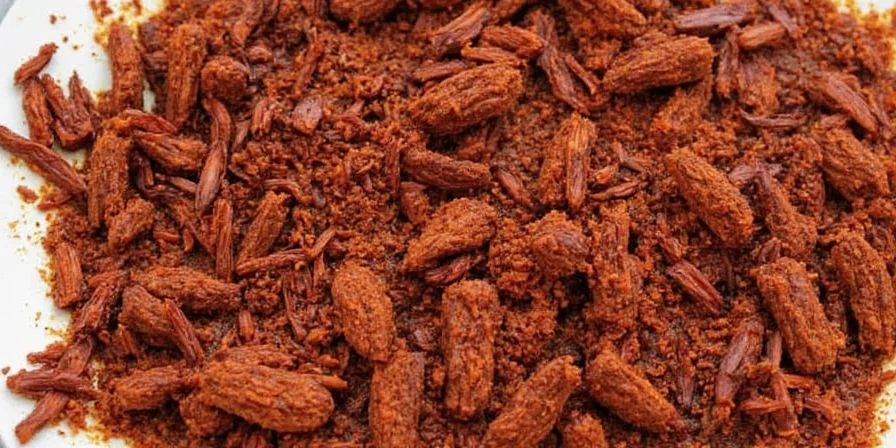
Traditionally, suya spice is rubbed generously onto skewered meat — often beef, chicken, or ram — and grilled over charcoal until slightly charred and caramelized on the outside. Here are some creative ways to use it beyond the classic recipe:
- Marinade Booster: Mix with oil, lime juice, or vinegar for a wet marinade that penetrates deeper into meat.
- Vegetable Seasoning: Toss with veggies like mushrooms, eggplant, or bell peppers before roasting or grilling.
- Egg Enhancer: Sprinkle over scrambled eggs or omelets for an instant flavor lift.
- Dip Accent: Stir into mayo, yogurt, or aioli for a spicy dipping sauce that pairs perfectly with fries or grilled skewers.
- Stew & Soup Flavor Pack: Add a teaspoon to soups or stews for extra depth and warmth.
Pro Tips: Mastering the Art of Suya
You don’t have to be from Nigeria to master the art of suya. With these tips, you’ll impress anyone lucky enough to taste your version:
- Use Charcoal for Authenticity: If possible, grill your meat over charcoal. It imparts that unmistakable smokiness that defines street suya.
- Let It Rest Before Grilling: Allow the meat to marinate for at least 30 minutes — better if overnight — so the flavors meld together.
- Don’t Skip the Skewer: Wooden or metal, skewers make grilling easier and ensure even charring. Plus, they’re fun to eat!
- Balance the Heat: Adjust the amount of chili based on your spice tolerance. You can always add more later.
- Serve with Sidekicks: Traditionally served with sliced onions, cucumbers, or plantains, these sides help balance the richness of the spice.
- Try Homemade Suya Spice: Store-bought versions are convenient, but making your own lets you control the flavor profile.
Buy It or Make It? Your Options Explored
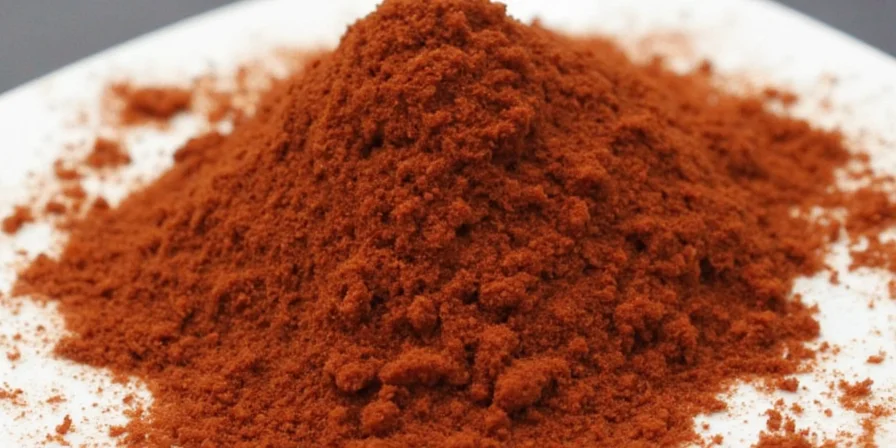
If you’re short on time or ingredients, pre-made suya spice can be found in many African specialty stores or online. However, making your own has several advantages:
- Fresher flavor — No preservatives or fillers.
- Customizable heat — Control the spice level to your liking.
- Cheaper long-term — Buying spices in bulk saves money.
Easy Homemade Suya Spice Recipe
- 2 tbsp ground peanut powder
- 1 tbsp ground dried chilies (adjust to taste)
- 1 tsp onion powder
- ½ tsp garlic powder
- ½ tsp paprika
- ½ tsp ground cumin
- ¼ tsp salt (optional)
- ¼ tsp alligator pepper (if available)
Mix all ingredients thoroughly and store in an airtight container. Shake well before each use!
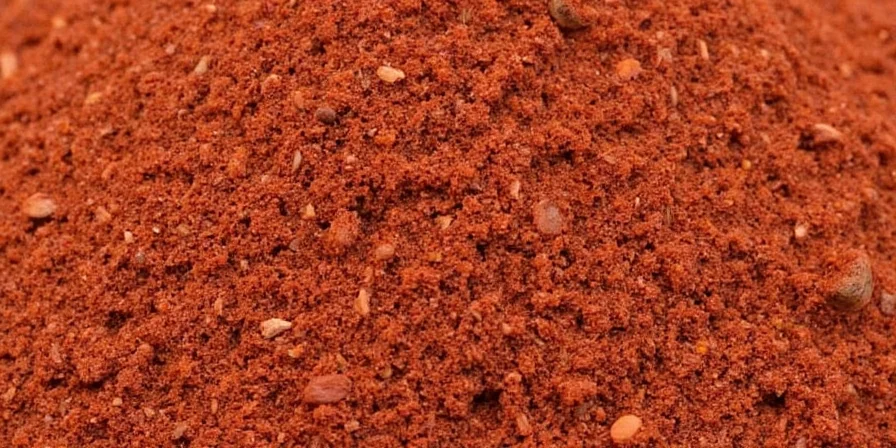
Final Thoughts
Suya spice isn’t just another bottle of hot stuff hiding in your pantry — it’s a gateway to authentic West African flavor. Its combination of nuttiness, heat, and savory depth sets it apart from typical global spice blends. Whether you're grilling for a party, spicing up weeknight dinners, or exploring global cuisines, suya spice deserves a spot in your kitchen arsenal.
So go ahead — dust off that grill pan, gather your spices, and let the smoky aroma of suya fill your home. Your taste buds will thank you.
Stay spicy, friends 🌶️🥜

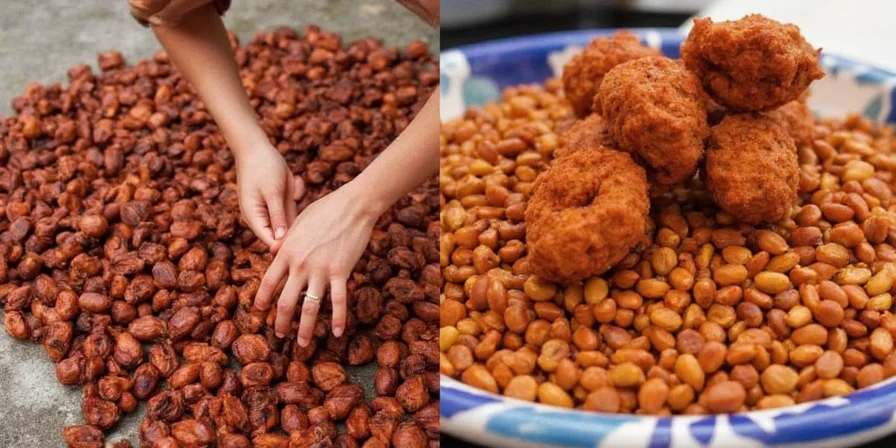









 浙公网安备
33010002000092号
浙公网安备
33010002000092号 浙B2-20120091-4
浙B2-20120091-4